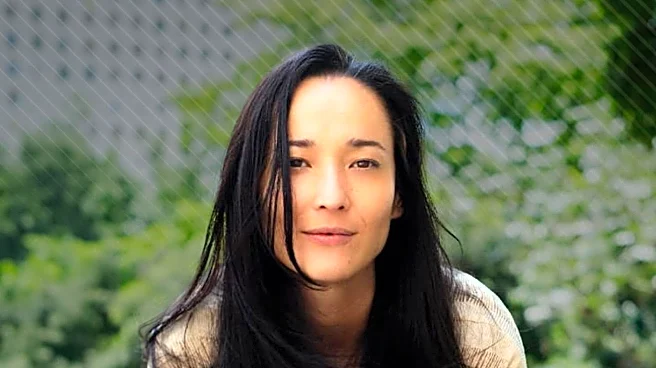What's Happening?
Northampton General Hospital is set to open a new branch of the national cancer care charity Maggie's on October 20. The center will provide practical, emotional, and financial support for people with cancer and their families, aiming to be a 'safe space' for its users. The facility expects at least 15,000 visits annually. The project received a significant boost in 2022 from a £2.43 million legacy left by racing driver Diana Russell, which helped fund the center's development. The center is strategically located opposite the oncology department, allowing patients to access support immediately after receiving treatment or diagnoses without needing referrals.
Why It's Important?
The opening of Maggie's center at Northampton General Hospital represents a critical expansion of cancer support services in the region. By providing comprehensive care and support, the center aims to improve the quality of life for cancer patients and their families. This initiative highlights the importance of accessible healthcare services, particularly in oncology, where emotional and practical support can significantly impact patient outcomes. The legacy donation from Diana Russell underscores the role of philanthropy in advancing healthcare infrastructure, potentially inspiring similar contributions from other benefactors.
What's Next?
The center will officially open to the public on October 20, marking the beginning of its operations. As the facility becomes operational, it will likely attract attention from healthcare professionals and potential donors interested in supporting cancer care initiatives. The success of this center could lead to further expansions or similar projects in other regions, enhancing the network of Maggie's centers across the country. Stakeholders, including hospital administrators and charity organizers, will monitor the center's impact on patient care and community engagement.
Beyond the Headlines
The establishment of Maggie's center at Northampton General Hospital may influence broader healthcare policies regarding cancer support services. It could serve as a model for integrating charitable organizations with hospital systems to provide holistic care. Additionally, the center's approach to offering immediate support without referrals might prompt discussions on reducing bureaucratic barriers in healthcare access.








